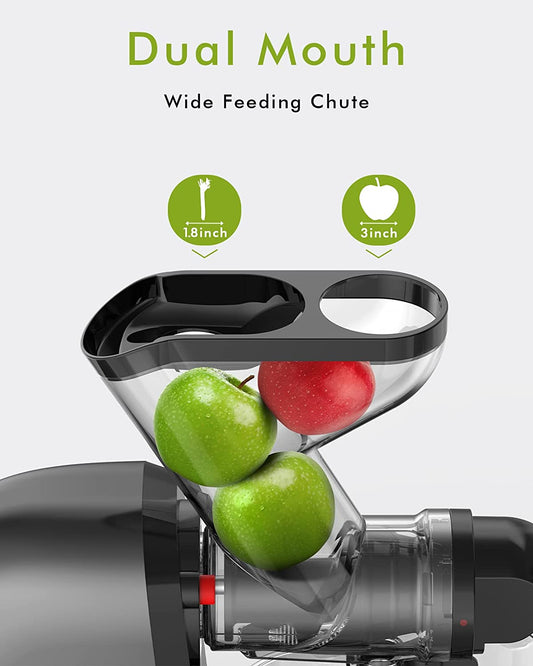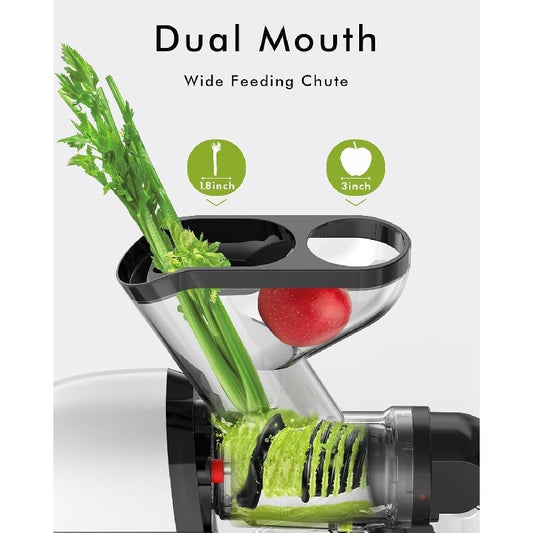1 You may help to prevent bone loss.
Prunes contain many bone health-supporting nutrients, including vitamin K, magnesium, calcium, and boron. Plus, they contain phenolic compounds, which may block bone resorption and support bone formation.
2 You may have digestive benefits.
This one shouldn't come as a surprise, as prunes are many people's go-to food when they need some natural constipation relief. Not only are they a source of fiber, but prunes also contain a natural laxative called sorbitol, which can offer some serious constipation relief for certain populations.
3 You may experience heart health benefits.
Eating just 5 to 6 prunes daily may increase HDL "good" cholesterol, lower inflammation, and increase antioxidant activity—all positive outcomes when it comes to heart health support. Data also showed that consuming pectin, a soluble fiber found in foods like prunes, slowed the thickening of artery walls caused by plaque formation, another positive outcome when supporting heart health.
4 You may feel full longer.
Although most fruits contain natural sugars, eating these nutritious foods is linked to weight reduction, in part due to the fiber that these foods provide which offers a satiating effect. Because prunes contain 3 grams of fiber per serving, eating them every day may help curb your appetite, thus supporting weight management goals.
5 You may have good blood sugar control.
Prunes are more likely to result in a more stable blood glucose response after they are enjoyed, thanks to their lower glycemic index and fiber content. As long as proper serving sizes are observed, including prunes in a diabetes-friendly diet can be a positive addition that will likely not result in any negative effects when it comes to blood sugar management.
6 You may feel gassy.
If you are not used to eating foods that contain sorbitol, like prunes, you may feel gassy and bloated if you eat them every day. According to one study comparing people who ate a large number of prunes versus those who ate a prune-free diet, the prune-consuming group experienced more gas than those who didn't eat this fruit. Because the number of prunes provided in this study was more than what a typical serving size of prunes is, we can't say for sure if people will experience gas if they stick to the recommended 5 to 6 prunes every day.
Featured collection
-
Dual Mouth Masticating Juicer Max Gray
Regular price $129.99 USDRegular priceUnit price per$99.99 USDSale price $129.99 USD -
Dual Mouth Masticating Juicer Max White
Regular price $129.99 USDRegular priceUnit price per$99.99 USDSale price $129.99 USD -
Whole Fruit Cold Press Juicer Large Feed Chute Gray
Regular price $129.99 USDRegular priceUnit price per$149.99 USDSale price $129.99 USDSale -
Whole Fruit Cold Press Juicer Large Dual Mouth Blue
Regular price $129.99 USDRegular priceUnit price per$199.99 USDSale price $129.99 USDSale -
Whole Fruit Cold Press Juicer Large Dual Mouth Green
Regular price $129.99 USDRegular priceUnit price per$199.99 USDSale price $129.99 USDSale










